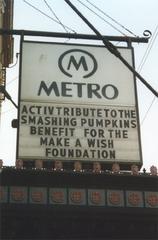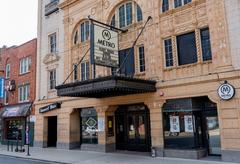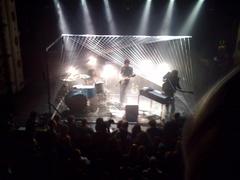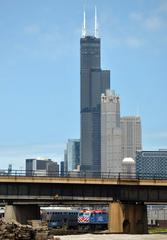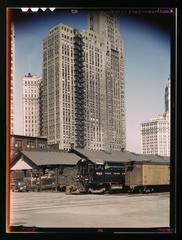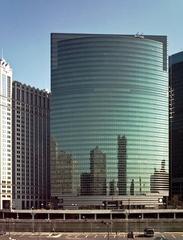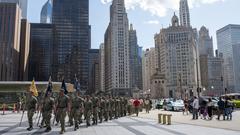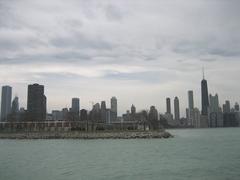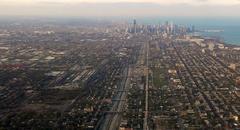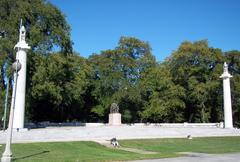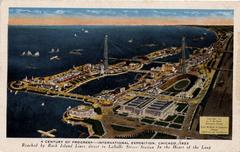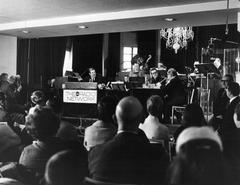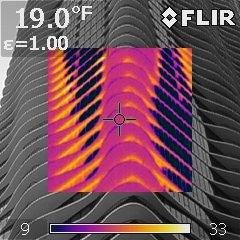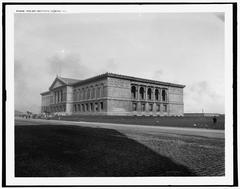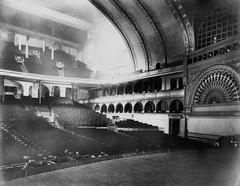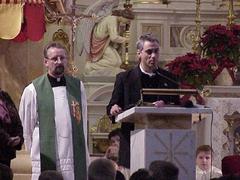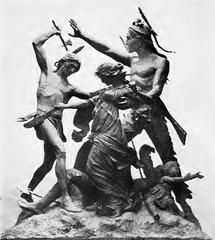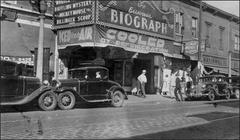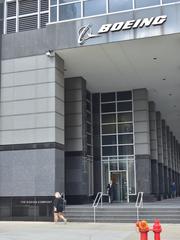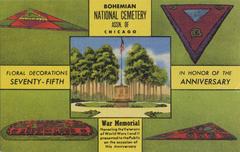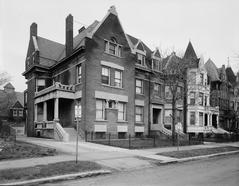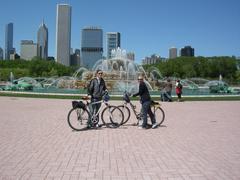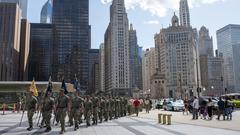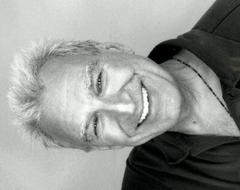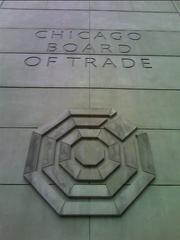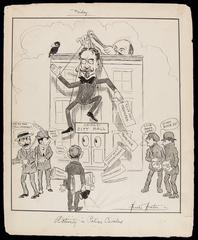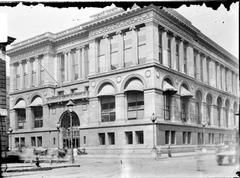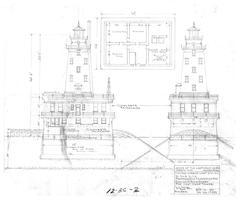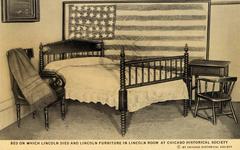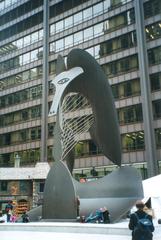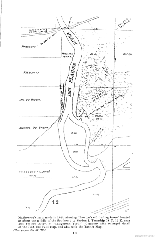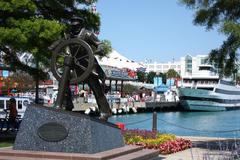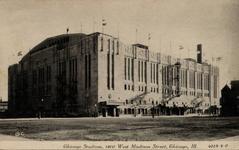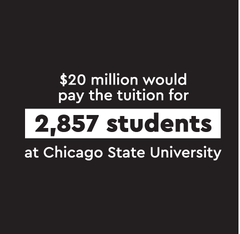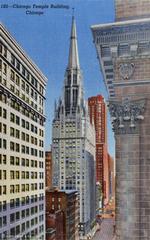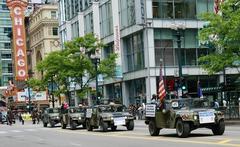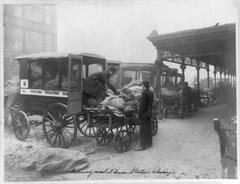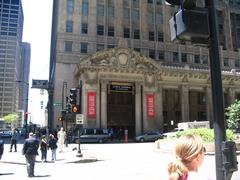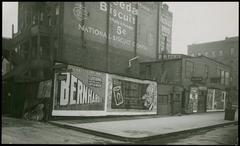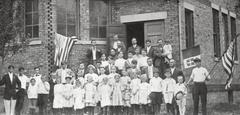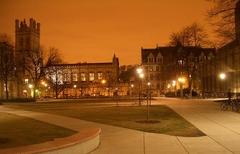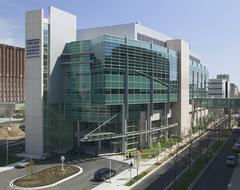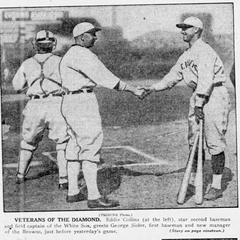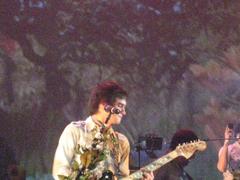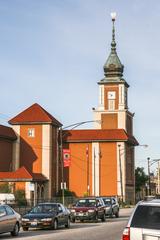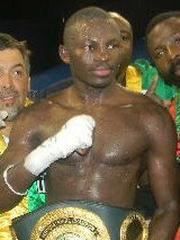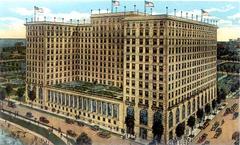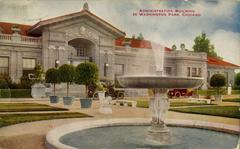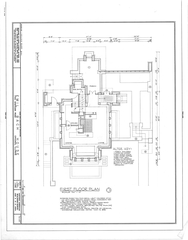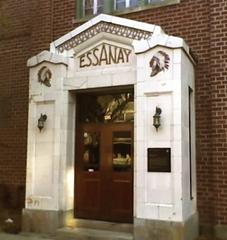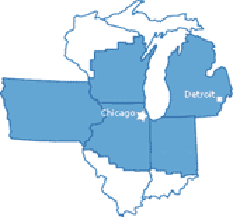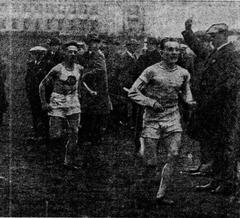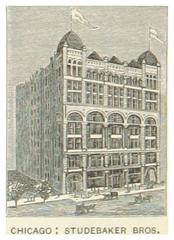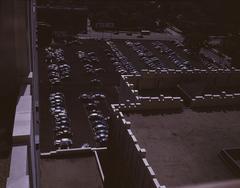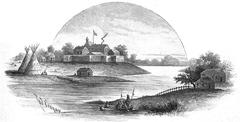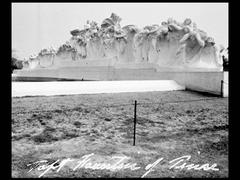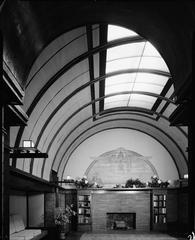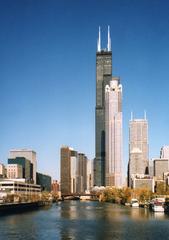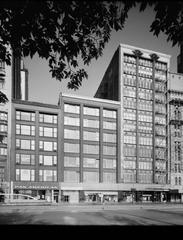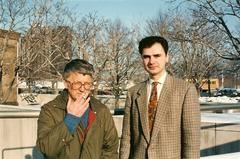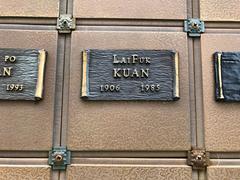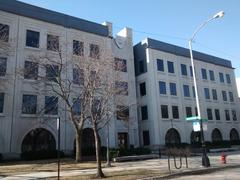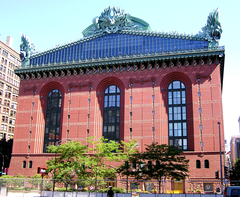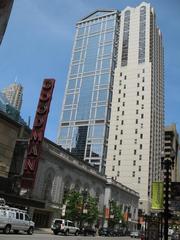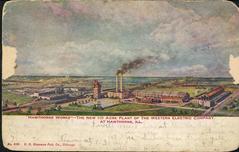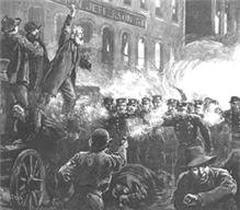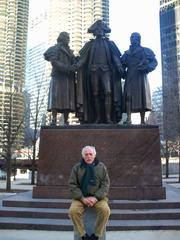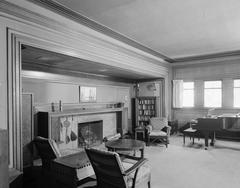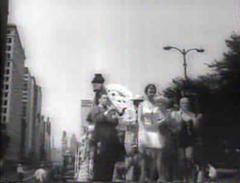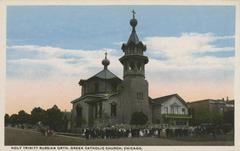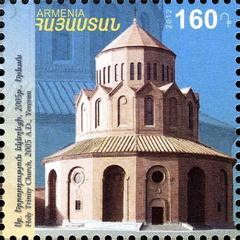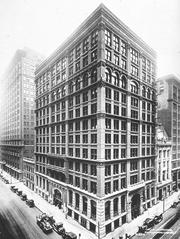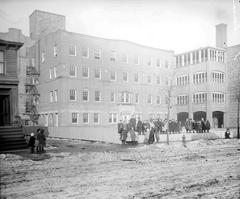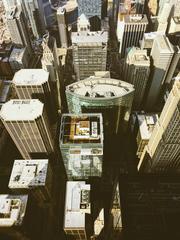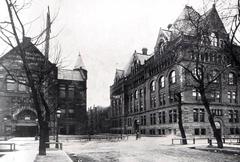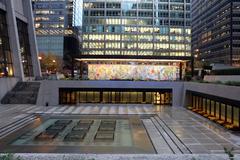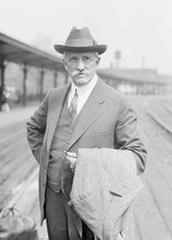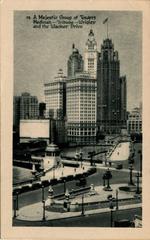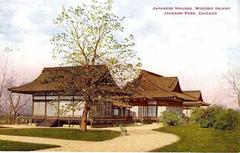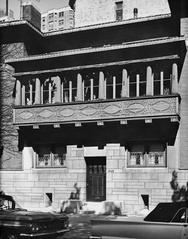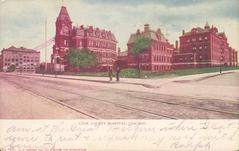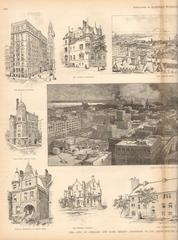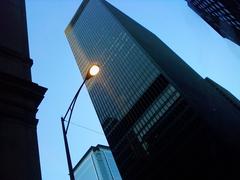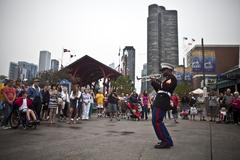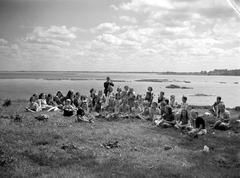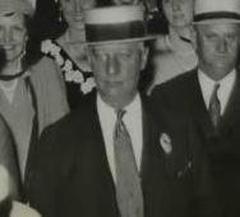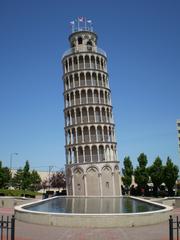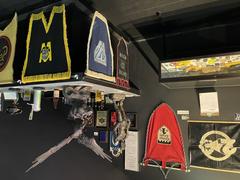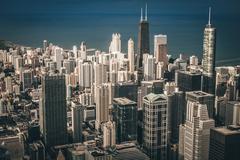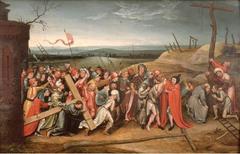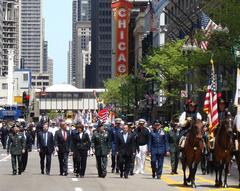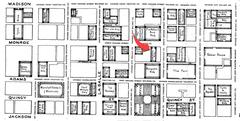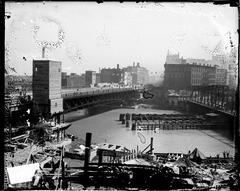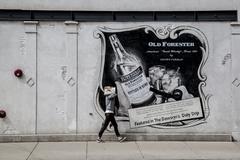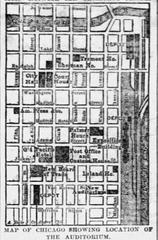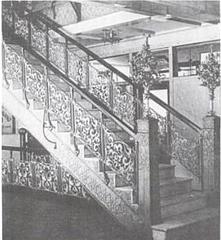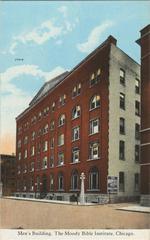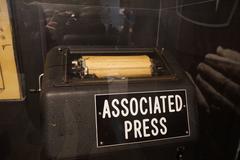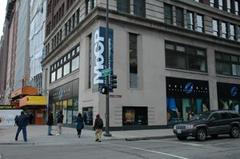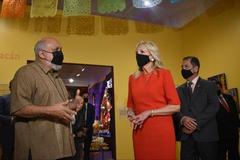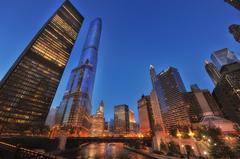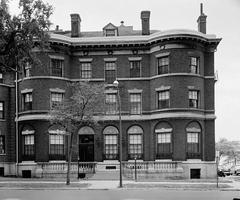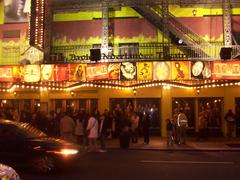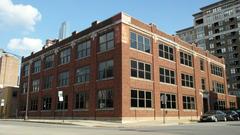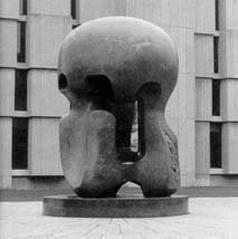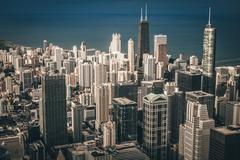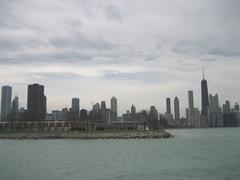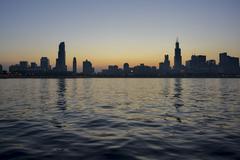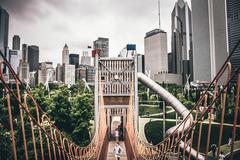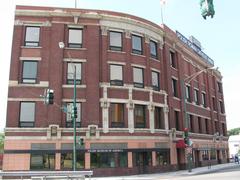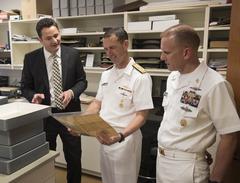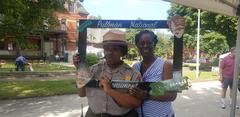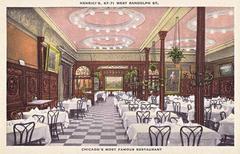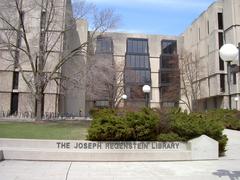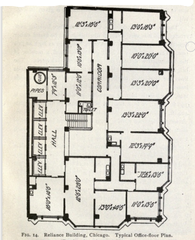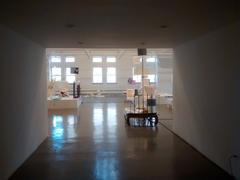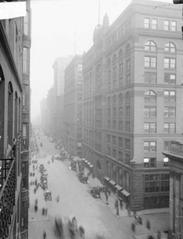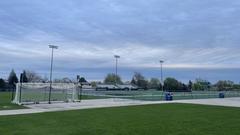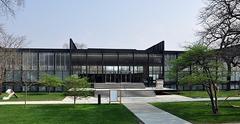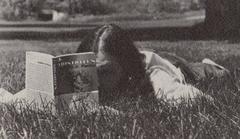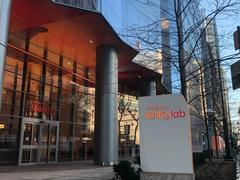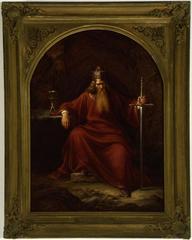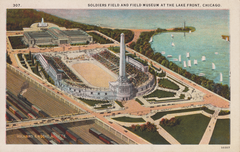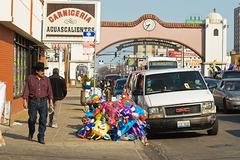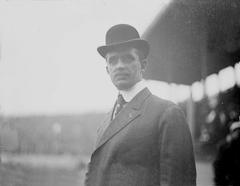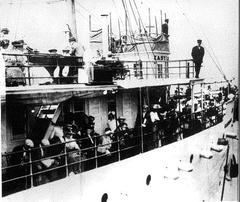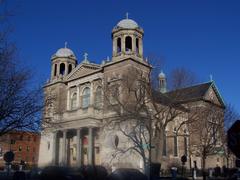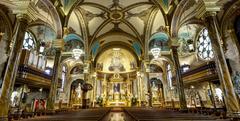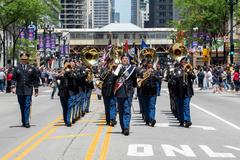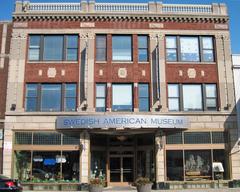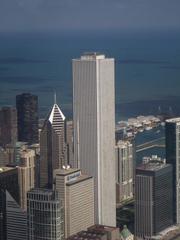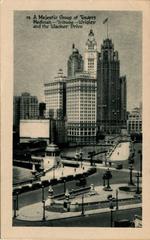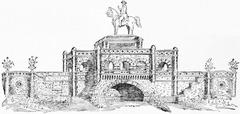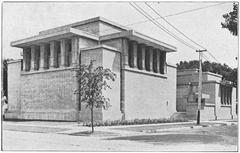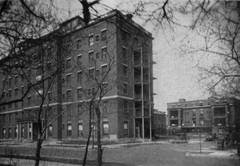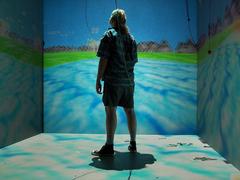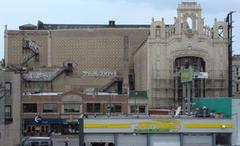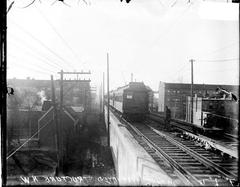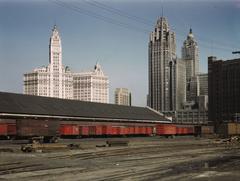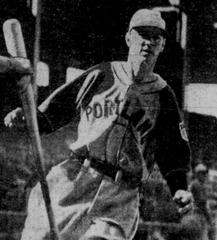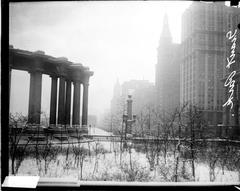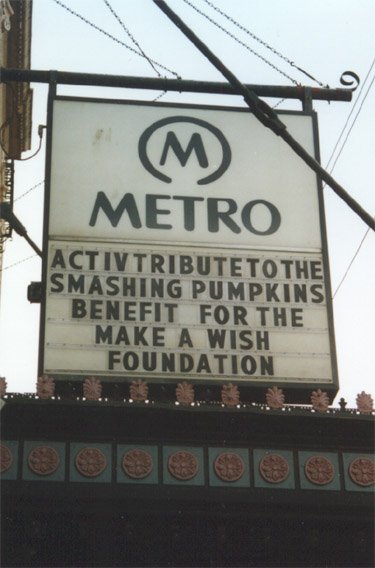
Complete Guide to Visiting Metro Chicago Historical Sites: Tickets and Hours
Date: 15/06/2025
Introduction: Metro Chicago’s Legacy and Visitor Essentials
Metro Chicago stands as a cultural beacon in the city’s famed Lakeview neighborhood, just steps from iconic Wrigley Field. Since its establishment in 1982, Metro has played a pivotal role in shaping Chicago’s music scene, hosting an array of legendary acts and fostering both local and international talent. More than a concert venue, Metro is a living testament to Chicago’s creative spirit, offering an inclusive space that welcomes music fans from all walks of life (Wikipedia; Time Out Chicago).
This guide offers a comprehensive overview of Metro Chicago, including its rich history, ticketing and visiting hour details, accessibility, tips for making the most of your visit, and recommended attractions nearby. Whether you’re a first-time visitor or a returning fan, you’ll find everything you need to plan a memorable experience at this cherished Chicago institution (Metro Chicago official website; Bandsintown).
Table of Contents
- Historical Overview
- Essential Visitor Information
- Insider Tips for Visitors
- Frequently Asked Questions (FAQs)
- Conclusion and Practical Summary
- References
Historical Overview
Early Years and Founding (1982–1989)
Metro Chicago originated as Stages Music Hall before being rebranded as Cabaret Metro. Opened by Joe Shanahan in 1982, the venue was established in a 1927 Swedish Community Center building. Its intimate stage quickly became a launchpad for alternative and underground music, hosting early gigs by R.E.M., The Replacements, and Ministry. The commitment to innovative programming set Metro apart as a crucial site for burgeoning talent (Wikipedia).
Rise to Prominence (1990–1999)
The 1990s marked Metro’s ascent as a premier music venue. Future superstars like Nirvana, Pearl Jam, and Radiohead played iconic shows here before reaching mainstream fame. Metro’s diverse lineup—spanning punk, metal, electronic, and hip-hop—helped define Chicago’s reputation for musical diversity and innovation (Bay Area Punk; Thrillist).
Challenges and Revival (2000–2007)
Shifting industry trends and increased competition led to a brief decline in the early 2000s, culminating in Metro’s temporary closure in 2003. However, a dedicated local community and new investment fueled a comprehensive renovation, modernizing the venue while preserving its historic character. Metro reopened in 2007, reaffirming its place in Chicago’s cultural landscape (Bay Area Punk).
Recent Years and Cultural Significance (2007–Present)
Metro remains independently operated under Joe Shanahan’s leadership. The venue’s stage continues to spotlight a mix of established and emerging acts—ranging from Prince and Kanye West to indie and electronic stars. Anniversaries have been celebrated with special concerts and citywide recognition. Metro’s basement Smart Bar and adjacent GMan Tavern further cement its role as a multi-faceted community hub (NPR Illinois; Magnetic Mag).
Essential Visitor Information
Visiting Hours
Metro Chicago generally opens doors 60–90 minutes before scheduled showtimes, with most concerts starting between 7:00 PM and 9:00 PM. Exact timings vary by event, so always check the official schedule for up-to-date details.
Ticketing Options
Tickets range from $15 for local acts to $50+ for major artists or festival aftershows. The average ticket price in 2025 is around $84.60, with Monday shows averaging $71.61 (Vivid Seats). Purchase tickets through:
- Metro’s official website
- Vivid Seats
- Venue box office (if available)
Advance purchase is highly recommended, as popular events often sell out quickly.
Accessibility
Metro offers wheelchair-accessible entrances and seating. As a historic building, some spaces may be less accessible, so visitors with specific needs should contact Metro at (773) 549-4140 or check the official website prior to their visit.
Getting There and Parking
- Public Transit: Take the CTA Red Line to the Addison station; several bus routes also serve the area.
- Ride-share: Uber and Lyft are convenient, especially for late-night departures.
- Parking: Limited lot and street parking are available; early arrival or reserving a spot is advised, especially during Cubs games or major events (Vivid Seats).
Venue Layout and Amenities
Metro has a 1,100+ capacity, split between a main floor and a balcony, both with excellent sightlines and acoustics. The venue’s historic architecture provides a unique atmosphere. Bars serve a range of beverages, but food options are limited—consider exploring Lakeview’s restaurants before or after your event. Merchandise is sold in the dedicated merch room near the entrance (Chicago Music).
Unique Features
- Smart Bar: An electronic music club in the basement, accessible via a separate entrance.
- Top Note Theater: Occasional exclusive performances in this intimate fourth-floor space—check the official schedule for details (Chicago Music).
- GMan Tavern: An adjacent bar for pre- or post-show gatherings.
Insider Tips for Visitors
- Arrive Early: Doors open well before showtime for general admission; early arrival secures better spots.
- Check Age Restrictions: Most shows are all-ages, but some are 18+ or 21+—verify event details before purchasing.
- Bag Policy: Small clutches and clear bags preferred; large bags, camera equipment, and certain items are prohibited (Vivid Seats).
- Bring ID: Required for age verification.
- Explore Nearby: Visit Wrigley Field, shop local boutiques, or enjoy Lakeview’s dining and nightlife.
- Plan Your Exit: Use public transit or ride-shares for a safe late-night ride home.
Frequently Asked Questions (FAQs)
Q: When do Metro Chicago’s doors open?
A: Typically, 60–90 minutes before showtime. Check the event listing for specific times.
Q: Where can I buy tickets?
A: Through Metro’s official website, Vivid Seats, or at the box office.
Q: Is Metro accessible?
A: Yes, with accessible entrances and seating. Contact Metro for specific accommodations.
Q: Are there age restrictions?
A: Most events are all-ages, but some are 18+ or 21+. Always confirm before purchasing.
Q: Is parking available?
A: Limited; public transit or ride-shares are recommended.
Q: What items are prohibited?
A: Large bags, professional cameras, strollers, outside food/drink, and non-service animals.
Conclusion and Practical Summary
Metro Chicago is a cornerstone of the city’s music and cultural scene, offering an authentic and unforgettable concert experience. Its storied past, inclusive atmosphere, and ongoing commitment to showcasing diverse talent make it a must-visit for any music enthusiast. With excellent public transit access, clear visitor policies, and proximity to top Chicago attractions, planning your visit is easy and rewarding.
Key Tips:
- Purchase tickets in advance from official sources.
- Arrive early for the best spots and to avoid lines.
- Follow venue policies for a smooth entry experience.
- Use public transportation or ride-shares for convenience.
- Explore Lakeview’s vibrant neighborhood before or after your show.
For current event schedules, ticketing, and visitor information, visit the Metro Chicago official website or trusted platforms like Vivid Seats.
Enhance your Chicago music adventure by downloading the Audiala app for personalized event recommendations and seamless ticket purchases, and explore our related articles for more on the city’s vibrant cultural scene.
References
- Wikipedia
- Time Out Chicago
- Bay Area Punk
- NPR Illinois
- Metro Chicago official website
- Vivid Seats
- Bandsintown
- Chicago Music
